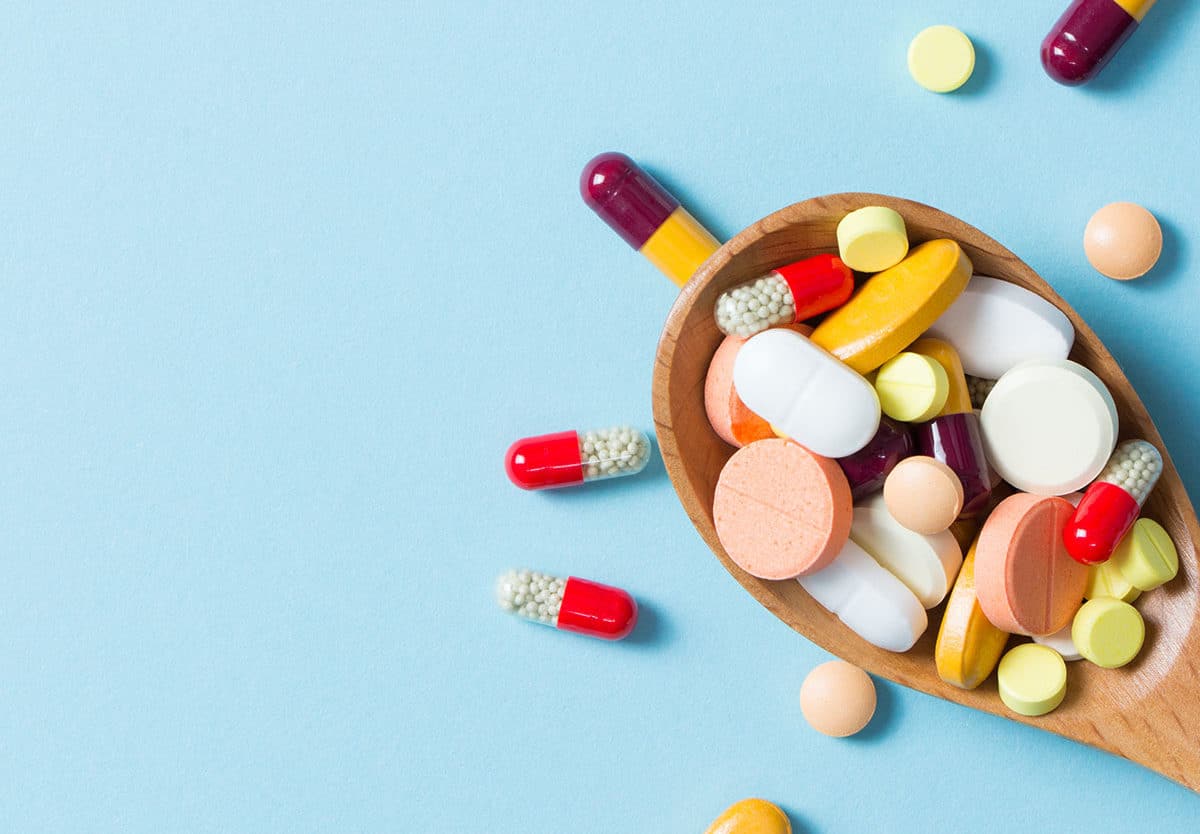Search by Color or Cause


U.S. Antibiotic Awareness Week (USAAW) is observed November 18-24, annually. The purpose is to raise awareness of the importance of appropriate antibiotic and anti-fungal use and the threat of antimicrobial resistance across the One Health spectrum. One Heath is an approach that recognizes that the health of people is closely connected to the health of animals and plants and their shared environment.
Any time antibiotics or anti-fungals are used, they can cause side effects and contribute to the development of antimicrobial resistance. This is one of the most urgent threats to the public’s health. Antimicrobial resistance happens when germs, like bacteria and fungi, develop the ability to defeat the drugs designed to kill them. More than 2.8 million antimicrobial-resistant infections occur in the United States each year, and more than 35,000 people die as a result. Many more die from complications from antimicrobial-resistant infections. Preventing infections from happening in the first place is one of the best ways to improve antibiotic and anti-fungal use and protect populations who are disproportionately affected by antimicrobial resistance.
Wear an orange and blue enamel awareness pin during US Antibiotic Awareness Week.
Antibiotics are medicines that fight infections caused by bacteria in humans and animals by either killing the bacteria or making it difficult for the bacteria to grow and multiply.
Antibiotics ONLY treat certain infections caused by bacteria, such as:
Antibiotics are also needed to treat life-threatening conditions caused by bacteria, such as sepsis, which is the body’s extreme response to infection
Antibiotics DO NOT work on viruses, such as those that cause:
Antibiotics also ARE NOT needed for some common bacterial infections, including:
This is because these illnesses will usually get better on their own, without antibiotics.
Taking antibiotics when they’re not needed won’t help you, and their side effects can still cause harm.
Anytime antibiotics are used, they can cause side effects. Common side effects range from minor to very severe health problems and can include:
More serious side effects can include:
Clostridioides difficile is formerly known as Clostridium difficile and often called C. difficile or C. diff. C. diff is a germ (bacterium) that causes diarrhea and colitis (an inflammation of the colon). Most cases of C. diff infection occur while you’re taking antibiotics or not long after you’ve finished taking antibiotics. C. diff can be life-threatening.
Antibiotics are important to treat infections and have saved countless lives. However, anytime antibiotics are used, they can cause side effects and contribute to antibiotic resistance, one of the most urgent threats to the public’s health.
When antibiotics are needed, the benefits usually outweigh the risks of side effects or antibiotic resistance. However, too many antibiotics are prescribed unnecessarily and misused, which threatens the usefulness of these important drugs. This is why it’s important that we all use antibiotics ONLY when we need them to protect us from harm caused by unnecessary antibiotic use and to combat antibiotic resistance.
Unnecessary antibiotic use happens when a person is prescribed antibiotics when they’re not needed, such as for colds and flu. Unnecessary use also happens when a person is prescribed antibiotics for infections that are sometimes caused by bacteria that do not always need antibiotics, like many sinus infections and some ear infections.
Misuse of antibiotics happens when a person is prescribed
Talk with your doctor about the best treatment for your illness.
Antibiotics aren’t always the answer when you’re sick. It’s important to use antibiotics only when they are needed to protect yourself from harm caused by unnecessary antibiotic use and combat antibiotic resistance.